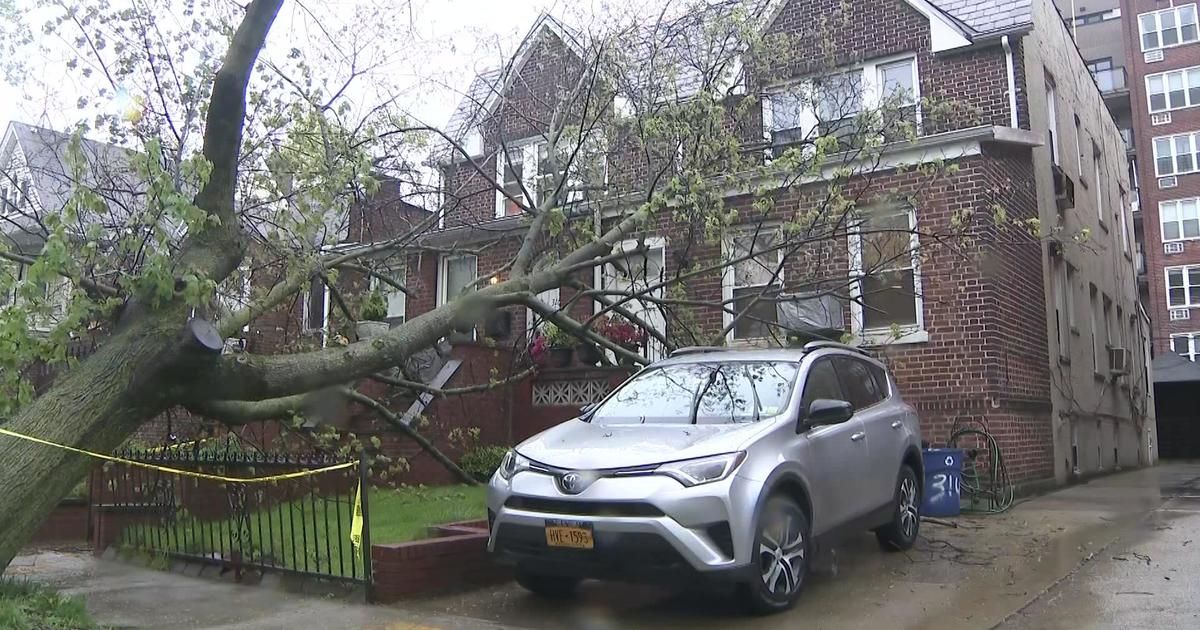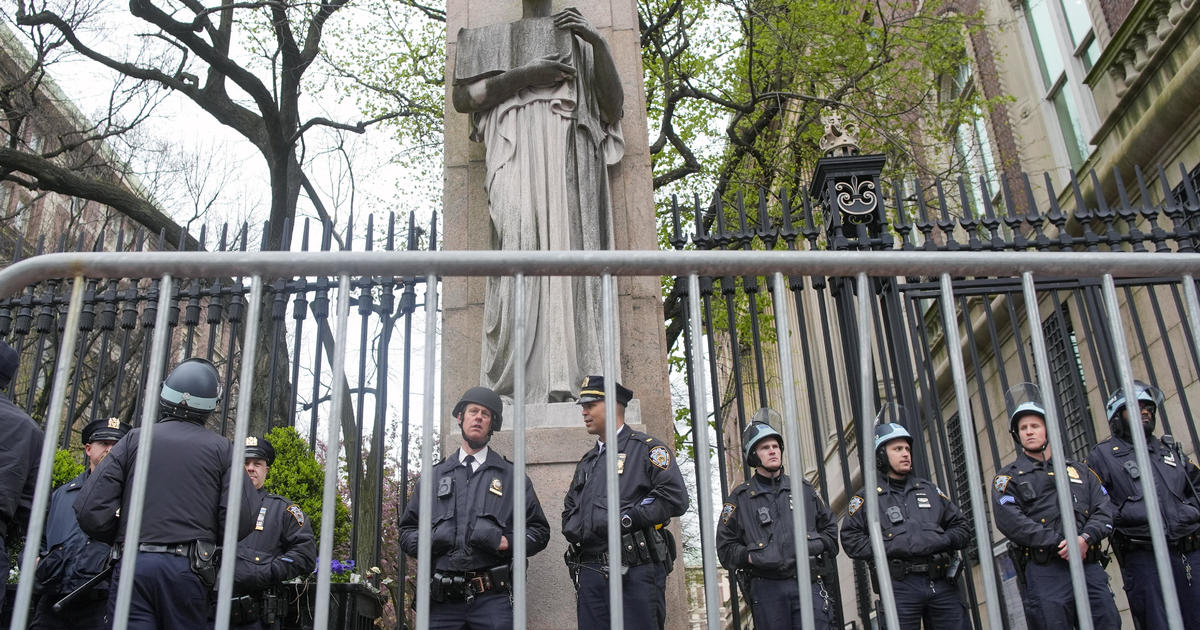Seen At 11: Consumer Advocates Say The Holidays Are Ripe With Scams And Schemes
NEW YORK (CBSNewYork) -- The holidays can bring out the best in people, but consumer advocates warn they are also bringing out the worst.
From store coupons that are fake to "gift-giving" pyramid schemes, there are a number of scams to look out for this season.
As CBS2's Cindy Hsu reported, you might see an offer for a coupon for 50 percent off at Target, pop up on your Facebook page.
"They are playing with people's emotions," consumer advocate Paul Oster said.
Click the link and you could get more than you bargained for.
"If the coupon is on social media, don't clock on it, it's not real," Oster said.
It's a phishing scheme intended to get your personal information. Experts said it's just one of many this holiday season.
"These scams have unfortunately become part of our tradition as much as jingle bells," Oster said.
Oster received an email on Thursday, urging him to update the information on his American Express account.
"It says your card could not be verified," he explained.
When you take a closer look at the sender's email address you can see that it's a scam.
"This is from 'sam.wiseman@unipostdam.edu.' this is not an American Express email," he said.
Better Business Bureau President Claire Rosenzweig said another big scam this holiday season is a social media sensation called the "Secret Sister" gift exchange.
"You get an email saying here's a list with certain people listed, number one, number two, for instance, and then they'll say get a gift card for ten dollars and send it to the number one person on the list, move number two up to number one, and then put yourself as number two," she said.
As your name moves up the list the promise is that you'll receive dozens of gift cards, but consumer advocates warned it's a total scam.
"The bottom line is they are losing propositions," she said.
Another losing proposition this time of year are unsolicited offers for temporary work at large companies like UPS or Amazon.
"It's not a job," Rosenzweig said.
She said it's a scam, and the goal is to get you to pay an application fee, even a uniform fee if you accept the offer.
"If you're shopping online, the first thing that you need to look for in the browser bar is a padlock," Oster said.
Experts said tis the season for bogus shopping sites, so before you click the buy butting look for the letter "s" after the http in the browser, it means the site is safe and secure.



